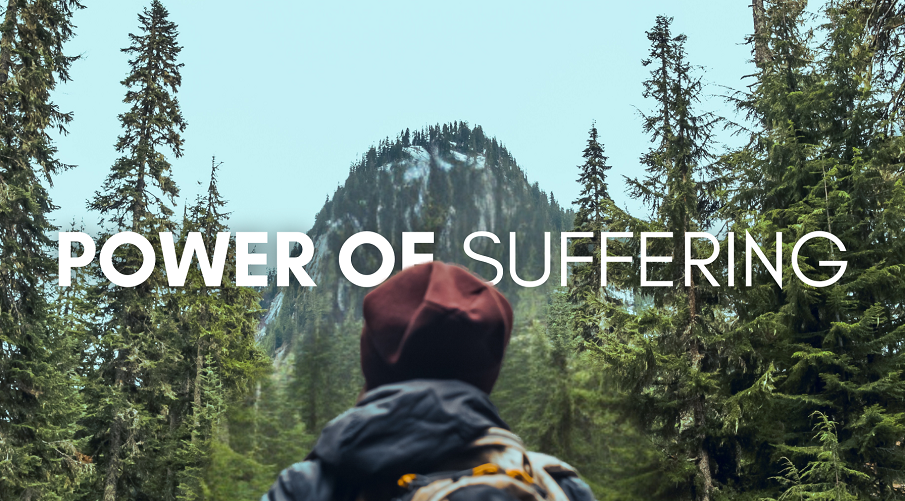The journey through suffering stands as one of the most profound explorations of the human experience.
It ignites deep questions about existence, growth, and consciousness.
When we delve into the nature of suffering, we uncover a complex tapestry woven into the very fabric of life itself.
Depending on how we choose to engage with it, suffering holds the power to either transform us or trap us in a cycle of negativity.


Across countless philosophical and spiritual traditions, suffering emerges as an essential component of the human condition.
It serves as the crucible where personal growth and self discovery are forged.
The idea that suffering can illuminate the path to enlightenment resonates powerfully.
This notion echoes from Buddhism’s concept of dukkha to the trials depicted in sacred narratives.
Yet, the perspectives on suffering differ significantly between Eastern and Western spiritualities.
In Western Abrahamic faiths, suffering often exists within the context of a transcendent “Sky God”, a paternal figure who forgives and nurtures.
This belief in divine intervention can provide comfort but may also place the resolution of suffering in the hands of an external force.
In contrast, Eastern philosophies encourage looking inward.
Divine figures in these traditions often symbolize principles that foster human flourishing.
They teach us to accept suffering as a natural part of life rather than perpetuating it through resistance or attachment.
When we learn to harness the challenges that cause us pain, they become stepping stones to resilience and strength.
This perspective shifts the focus from external salvation to cultivating inner resources that empower us.
One of the most profound gifts of this understanding is liberation from expectations and attachments.
When unmet, these expectations can create additional pain.
While the Abrahamic faiths emphasize a divine plan, “God’s will” or “The will of Allah”, it is essential to recognize our own agency within this framework.
We are not passive participants in life.
We have the power to shape our reality.
Consider the figures of Buddha and Jesus.
Buddha sought to awaken the divine potential within each of us, encouraging self realization rather than worship.
Jesus invited us to embrace our identity as children of God, emphasizing love and humility.
Both teachings remind us to remain vigilant against the seduction of power.
This is especially crucial in spiritual realms where ego can distort intentions.
Surrendering our free will to another is a risk we must carefully navigate.
The exploration of suffering expands further when we consider alternative perspectives.
One such perspective is the influence of extraterrestrial intelligence or contemporary spiritual philosophies that emphasize self empowerment.
These ideas suggest that enlightenment may not come from external salvation but from awakening the latent potential within us.
This perspective aligns with the growing belief in humanity’s ability to shape its reality through intention and consciousness.
The duality of suffering, as a necessary challenge or a formidable obstacle, invites us to examine the power of perspective.
Those who view suffering as an opportunity for growth often emerge with resilience.
Others may find themselves trapped in despair.
There is a beautiful Emotional Equation that says: despair is suffering minus meaning.
People who grow through suffering usually find deep meaning, a purpose for their suffering.
And that makes the biggest difference.
This contrast underscores the importance of choice and the role of mindset in shaping our experiences.
Healing old wounds, seeking support, and discovering meaning amid adversity are crucial steps in transforming suffering into personal growth.
In this process, suffering becomes more than an inevitable aspect of existence.
It becomes a gateway to greater awareness and a deeper connection with the universe.
As we navigate the interplay between suffering, healing, and self discovery, we embark on a rich exploration of what it means to be human.
Our struggles serve as catalysts for personal and collective evolution.
By embracing the journey through suffering, we honor our shared humanity.
In doing so, we unlock the boundless potential for growth that lies within us all.
This website uses cookies.